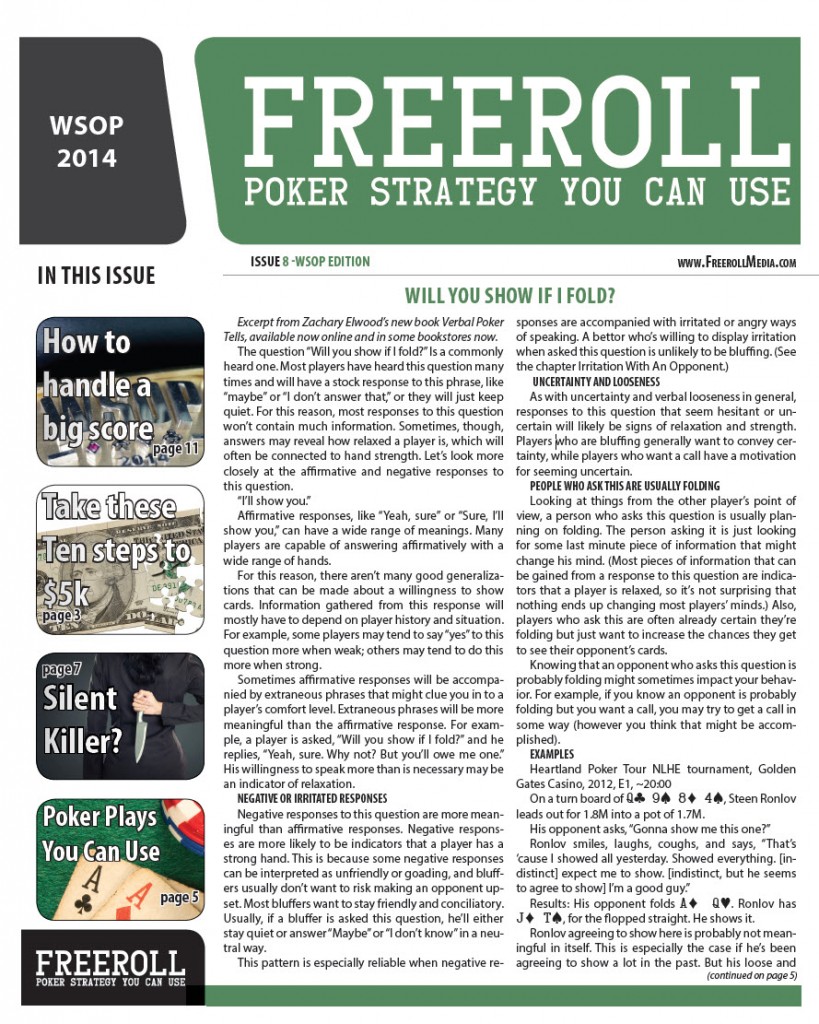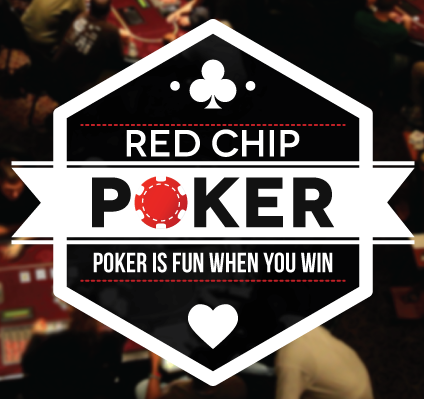Play Poker Like A Shortstop
- By Jeff McIntyre
- April 20, 2014
- Comments Off on Play Poker Like A Shortstop
 Shortstops are at the heart of any great baseball defense. Always in the middle of the action, these athletes need a rare combination of physical tools and advanced baseball intelligence in order to play their position well.
Shortstops are at the heart of any great baseball defense. Always in the middle of the action, these athletes need a rare combination of physical tools and advanced baseball intelligence in order to play their position well.
Baseball’s shortstops are required to make numerous split second decisions throughout the course of a game. The slightest hesitation allows the runners to reach their base safely, kills potential double plays and costs their teams valuable runs.
The key to playing shortstop is also a vital skill for poker players. The skill of anticipation must be mastered to become proficient at both.
How shortstops do it
Experience, baseball sense and focus enable elite shortstops to work out every meaningful scenario before the pitcher even starts his windup. They prioritize the most probable and most relevant possible outcomes and determine how they will act accordingly.
A good shortstop will take a series of variables into consideration in order to anticipate how a play might develop. He constantly assesses:
• The pitch count
• The number of outs
• The score and inning
• The current hitter’s tendencies
• The speed of the current base runners
Considering these variables, a shortstop works out how he will handle common and difficult situations:
• A sharply hit ground ball to his left
• A slow 2 bouncer hit to his right
• His pitcher throws a wild pitch
• A runner at first takes off to steal second
• A line drive hit directly at him
Anticipation helps shortstops work out these problems prior to the action and avoid the errors induced by time pressure. A great shortstop is very rarely caught off guard.
Anticipation in poker
Like shortstops, poker players must master the art of anticipation. Time pressure is less of a factor but poker forces players to make numerous difficult decisions under stressful conditions. Tricky players threaten their stack at every turn, an early street error is magnified in the late streets and every decision has a direct impact on the bottom line of their current session.
Pressure makes it difficult to focus and it clouds judgement. Once a player’s judgement becomes clouded he is vulnerable to making huge errors. Instead of trying to chip away at small edges throughout the session the unfocused player needs to focus on avoiding making huge blunders.
The prepared player is ready to tackle this focus problem. Hand planning is a crucial skill that helps elite players avoid stress related errors. The first step to formulating a plan is through anticipation.
How poker players do it

Knowledge of opponent’s tendencies, experience and a superior understanding of poker strategy enable advanced poker players to anticipate how the action will unfold. Just as in playing shortstop, there are numerous variables that must be monitored in order to anticipate the action:
• The pot size
• The effective stack size
• Position
• Table images
• Game flow considerations
Most struggling poker players lack in the skill of anticipation. These players tend to play the streets of a hand “in a vacuum” instead of making decisions in a strategic sequence. This is a major leak that causes numerous hardships at the poker table. Anticipating the action and thinking about the sequence of plays to be made (also known as playing lines) reduces the chances of a good player to crack under the pressure.
A few examples where anticipation is valuable
When betting out in a heads up pot: Before betting out we need to estimate how often and with what range of holdings our opponent will call behind, raise and fold. In the instances we get called, what will we do on the turn? Will we double barrel most turns? Will we check fold? In the instances where we lead bet and get raised, will we call, fold or raise? Is getting raised bad for us? If so, do we get raised often enough to make checking better than betting out?
Knowing how close our opponents are to being pot committed: If we push the action, are we forcing our opponent(s) in a shove or fold predicament? If so, are we ok with playing for stacks? Keeping track of current stack sizes is crucial and knowing how pot committed our opponents are is a key reason.
When trying to control the pot size: When holding a hand with strong showdown value, (a marginal hand that has a decent chance of winning at showdown) it is beneficial to know how our opponents react to passive lines. Some opponents tend to pounce on early street checks but will call/fold against small bets. This means that at times making a small Cbet is better for pot control than checking into aggressive opponents.
A big river bluff: When contemplating a bluff on the river, we need to anticipate how our opponent will react. Do we ever get raise bluffed? Does he tend to make big lay downs? How does he view our table image? Anticipation is key to estimating fold equity and to bluffing profitably.
Far too often we get caught off guard at the poker table. Constant monitoring of game variables, observation of our opposition’s tendencies and a feel for game flow allow us to anticipate how the action will go. Take advantage of these skills and play poker like a shortstop.


